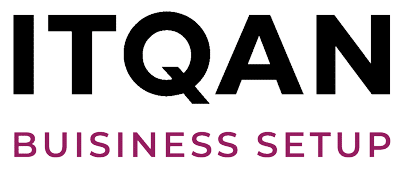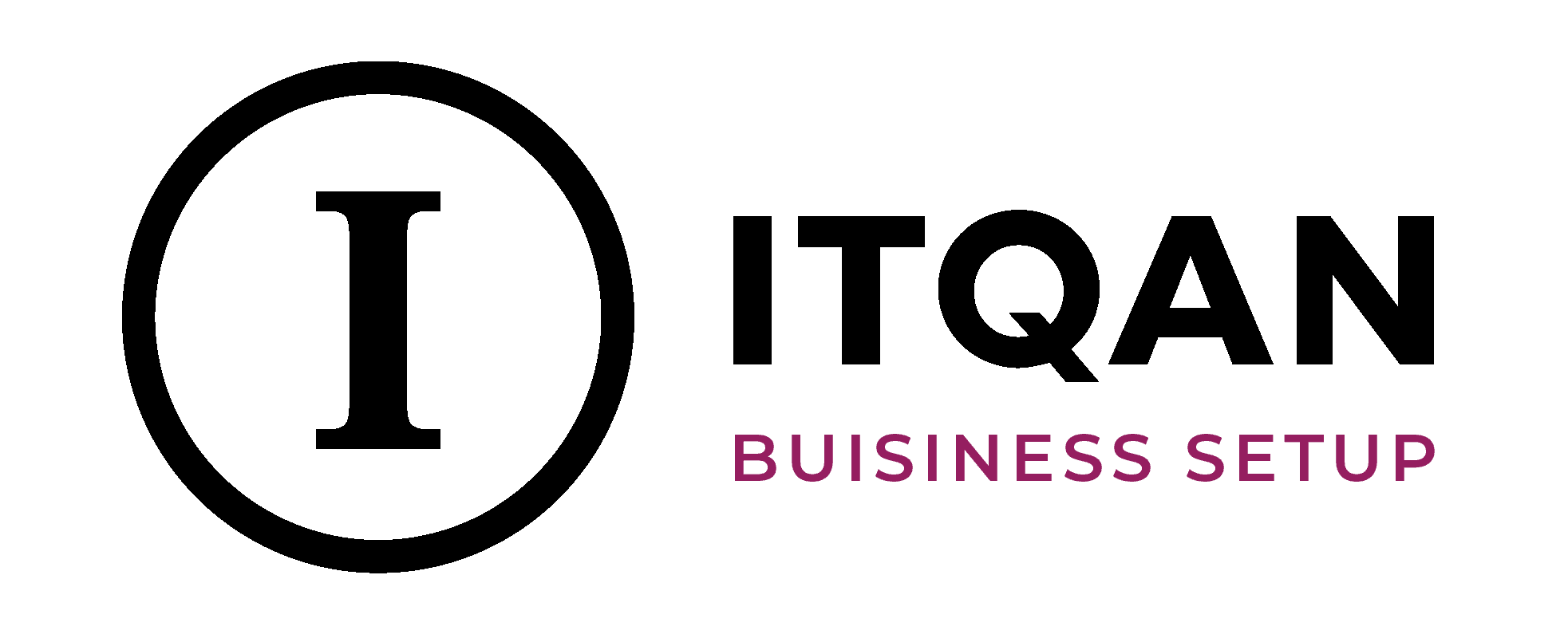The United Arab Emirates (UAE) stands as a global trade hub, offering a strategic location that connects various continents. Starting an import-export business here can be a profitable venture, provided you understand the local regulations, market demands, and effective strategies. This guide will provide you with a detailed roadmap to launch your import-export business in the UAE.
Understanding the Import-Export Business Landscape in UAE
The UAE’s import-export industry thrives due to its strategic geographical location and world-class infrastructure. Its position as a crossroads of major trade routes, linking Asia, Europe, Africa, and beyond, makes it an ideal destination for international trade. The UAE has established itself as a gateway between east and west, facilitating the smooth flow of goods.
Researching Your Market and Products
Before diving into the import-export business, thorough market research is essential. Identify products with high demand and growth potential. Analyze market trends, competition, and customer preferences to determine the products that align with the UAE’s market.
Crafting a Solid Business Plan
A well-structured business plan acts as a guiding compass for your venture. Define your business objectives, target market, competitive advantage, and financial projections. A clear plan will help you secure funding, make informed decisions, and navigate challenges effectively.
Legal Requirements and Business Setup
Choosing the right business structure is a critical decision. UAE offers various options, including Free Zones, Mainland, and Offshore setups. Each has its advantages and regulations, so understanding them is crucial. Register your business with the relevant authorities, obtain licenses, and ensure compliance with local laws.
Building Strong Supplier and Buyer Relationships
The success of your import-export business hinges on reliable partnerships. Identify trustworthy suppliers for your imports and establish strong relationships with buyers for your exports. Clear communication, trust, and consistency are key factors in fostering these relationships.
Logistics and Shipping
Efficient logistics and shipping are pivotal in international trade. Collaborate with reputable freight forwarders and shipping companies to ensure timely and secure transportation of your goods. Streamlining this aspect minimizes delays and keeps your customers satisfied.
Customs and Documentation
Navigating customs procedures and documentation can be complex. Familiarize yourself with UAE’s customs regulations and requirements. Proper documentation, including invoices, certificates of origin, and shipping documents, is essential to ensure smooth customs clearance.
Financing and Banking
Securing adequate financing is essential to fund your import-export operations. Open a business bank account in the UAE to facilitate international transactions and manage foreign exchange efficiently. Explore funding options such as bank loans, venture capital, or angel investors.
Pricing and Negotiation Strategies
Effective pricing and negotiation skills are crucial in import-export trade. Set competitive prices while considering factors like production costs, market demand, and competition. Sharpen your negotiation skills to strike favorable deals with suppliers and buyers.
Marketing and Promotion
Promoting your import-export business requires a strategic approach. Leverage digital marketing channels, create an engaging website, and utilize social media to reach a broader audience. Participating in trade exhibitions and networking events also helps you connect with potential partners and customers.
Managing Currency Fluctuations and Risks
International trade exposes you to currency fluctuations and various risks. To mitigate these, consider using currency hedging techniques and insurance options. Collaborate with financial experts to minimize financial uncertainties.
Compliance and Legalities
Adhering to trade laws, regulations, and compliance standards is non-negotiable. Regularly update yourself on import-export regulations, tariffs, and trade agreements to ensure your business operates within legal boundaries.
Sustainability and Ethical Trade Practices
Sustainable and ethical trade practices are gaining importance globally. Embrace environmentally friendly methods and adhere to ethical business practices to enhance your brand reputation and attract conscious consumers.
Leveraging Technology and E-commerce
Incorporating technology into your operations can significantly boost efficiency. Utilize e-commerce platforms for online sales, implement inventory management systems, and embrace automation to streamline processes and improve customer experience.
Handling Cultural Differences
As a hub of cultural diversity, the UAE demands cultural sensitivity in business interactions. Understanding and respecting local customs and traditions is key to building strong relationships with partners and customers.
Overcoming Common Challenges
The import-export business is not without challenges. Market volatility, regulatory changes, and intense competition are common hurdles. Developing contingency plans and staying adaptable will help you navigate these challenges successfully.
Scaling Your Business
Once you’ve established a foothold, consider scaling your import-export business. Explore opportunities to diversify your product offerings, expand into new markets, or establish strategic partnerships to fuel growth.
Industry Trends and Innovations
Staying updated with industry trends is vital. Embrace technological innovations such as blockchain for secure transactions, sustainable packaging solutions, and data analytics to make informed business decisions.
Embracing Digital Transformation
Digital transformation is reshaping businesses worldwide. Implement digital tools for efficient supply chain management, order processing, and customer relationship management to enhance your competitiveness.
Success Stories and Case Studies
Learning from successful import-export entrepreneurs can provide valuable insights. Study success stories, analyze their strategies, and adapt proven methods to your business model.
Frequently Asked Questions (FAQs)
Can I start an import-export business in the UAE as a foreigner?
Absolutely. The UAE encourages foreign entrepreneurs to establish import-export ventures, offering various business setup options.
What is a Free Zone, and how does it benefit my business?
Free Zones provide tax benefits, 100% foreign ownership, and simplified customs procedures, making them favorable for international trade.
How do I choose the right shipping method for my products?
Consider factors like the nature of your products, delivery time, and budget when selecting shipping methods.
Are there restrictions on the types of products I can import or export?
Yes, certain items such as firearms and hazardous materials are restricted. Familiarize yourself with the UAE’s list of prohibited items.
How can I manage currency fluctuation risks?
You can employ strategies like hedging to minimize currency fluctuation risks. Consulting financial experts can provide further guidance.
Is knowledge of Arabic necessary for business in the UAE?
While English is widely spoken, learning basic Arabic phrases can facilitate smoother communication and enhance business relationships.
Conclusion
Launching an import-export business in the UAE opens the door to a world of opportunities. With meticulous planning, comprehensive research, and dedication to complying with regulations, you can establish a successful and sustainable venture. The UAE’s trade landscape is rich with potential, and with the right strategies, you can navigate the challenges and build a thriving import-export business.







